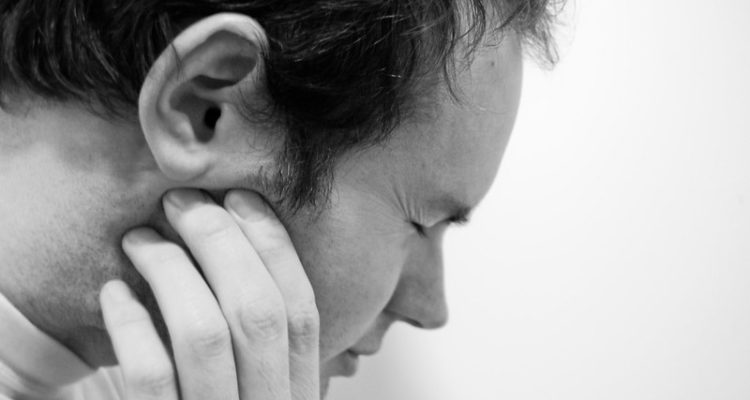According to the National Institute of Dental and Craniofacial Research, “about 10 million Americans suffer from TMJ disorder.”
It is the temporomandibular joints connect the jawbone to the skull. This joint allows you to open and close your mouth, enabling you to eat and speak. TMJ disorder can cause pain in your jaw joint and muscles that control the jaw movement. However, the exact cause of TMJ disorder is difficult to determine as they occur due to a combination of factors, including genetics, arthritis, and jaw injury. In most of the cases, the discomfort and pain caused by TMJ disorder is temporary and could be managed with nonsurgical treatments and self-managed care. Surgery is recommended by the dentist in Albuquerque nm for most severe cases as last resort where conservative measures have failed.
Symptoms
If you experience any of these symptoms, visit your dentist.
- Pain in your jaw
- Pain in both sides of the temporomandibular joints
- Pain and Difficulty when chewing
- Stiffness in the muscles of the jaw
- Aching facial pain
- Locking of the joint that makes it difficult to open and close your mouth
Apart from these symptoms, TMJ disorder can cause a grating sensation or clicking sound when you open your mouth or chew the food. However, if you do not experience any pain or limitation of jaw movement, you won’t require tmj treatment Albuquerque.
When to see a dentist?
You have to seek medical attention if you have the above mentioned symptoms that are persistent and don’t go away. The dentist can discuss possible causes and tmj treatment Albuquerque.
Causes of TMJ disorder
In most of the cases, it is unknown what causes a TMJ disorder apart from the trauma to the jaw or joint. However, it is believed that there are certain health conditions that contribute to the development of TMJ disorder, including:-
- Erosion of the joint
- Grinding or clenching of the teeth
- Structural jaw problems by birth
- Arthritis
- Prolonged stress
- Lack of sleep
- Poor posture that strains the muscles of the neck and face
How is TMJ treated?
Based on the symptoms, your dentist will recommend certain treatment options, including:-
- Pain killers
- Medication to relax the muscles of the jaw and reduce the swelling in the jaw
- Mouthguards to prevent teeth grinding
- Dental treatments to correct your bite
- Arthrocentesis to remove fluid and debris from the joint
- Joint replacement in severe cases
How can TMJ be prevented?
Although TMJ disorder cannot be prevented from developing, it is possible to reduce symptoms by self-managed care. Stop grinding your teeth if you are doing it and wear a mouth guard at night. You could help prevent teeth grinding by reducing your stress and anxiety. Eat healthy food and exercise regularly to keep health conditions at bay. Be it tmj treatment or teeth whitening Albuquerque, visit the dentist right away.



